Dog surgery is an essential aspect of veterinary care, playing a crucial role in maintaining your pet’s overall health and well-being. Surgical procedures can range from routine operations like spaying and neutering to more complex surgeries such as fracture repair or tumor removal. These procedures can greatly improve your dog’s quality of life by addressing various health issues, alleviating pain, and enhancing mobility. At our veterinary clinic, our skilled and experienced team is dedicated to providing the highest standard of surgical care for your canine companion, ensuring their safety and comfort throughout the process.
Veterinary care for dog surgery involves a thorough assessment of your pet’s health to determine the most appropriate surgical approach. This includes pre-operative procedures like physical exams, blood work, urinalysis, and imaging studies, such as X-rays or ultrasound. Our clinic emphasizes the importance of anesthesia safety, and we customize anesthetic protocols based on your dog’s unique health history and needs. During surgery, we utilize advanced monitoring equipment and a dedicated anesthesia monitoring team to ensure your pet’s wellbeing. Our surgical techniques are designed to minimize tissue trauma and improve recovery times, providing optimal outcomes for your beloved pet.
Your Pet’s Health and Happiness Begin Here
Service FAQ
Why is dog surgery important for my pet's health?
Dog surgery plays a crucial role in addressing various health issues that may affect your pet’s quality of life. Surgical procedures can alleviate pain, enhance mobility, and treat conditions that may otherwise lead to more severe health complications. Ensuring that your pet receives appropriate surgical care is vital to maintaining their overall health and well-being.
What are some common dog surgeries?
Common dog surgeries include spaying and neutering, tumor removal, fracture repair, and orthopedic procedures such as cranial cruciate ligament repair and luxating patella surgery. Other surgeries may involve addressing gastrointestinal issues, removing foreign objects, or correcting congenital abnormalities.
What should I expect during my dog's recovery from surgery?
Your dog’s recovery process will depend on the specific procedure performed. Your veterinarian will provide you with detailed post-operative instructions, including information on pain management, wound care, activity restrictions, and any necessary follow-up appointments. It is important to follow these instructions closely to ensure a smooth and successful recovery for your pet.
How do I know if my dog needs surgery?
Your veterinarian will perform a comprehensive evaluation of your dog’s health, considering factors such as age, breed, and medical history. They will recommend surgical intervention if it is determined to be the most effective treatment option for your pet’s specific condition.
How do I prepare my dog for surgery?
Your veterinarian will provide you with detailed instructions on how to prepare your dog for surgery. This may include fasting guidelines, medication adjustments, and any necessary pre-operative tests or imaging studies.
Are there any risks associated with dog surgery?
As with any surgical procedure, there are inherent risks involved. However, our veterinary team takes every precaution to minimize these risks and ensure your dog’s safety during surgery. We utilize advanced monitoring equipment, customized anesthesia protocols, and skilled surgical techniques to provide the best possible care for your pet.
